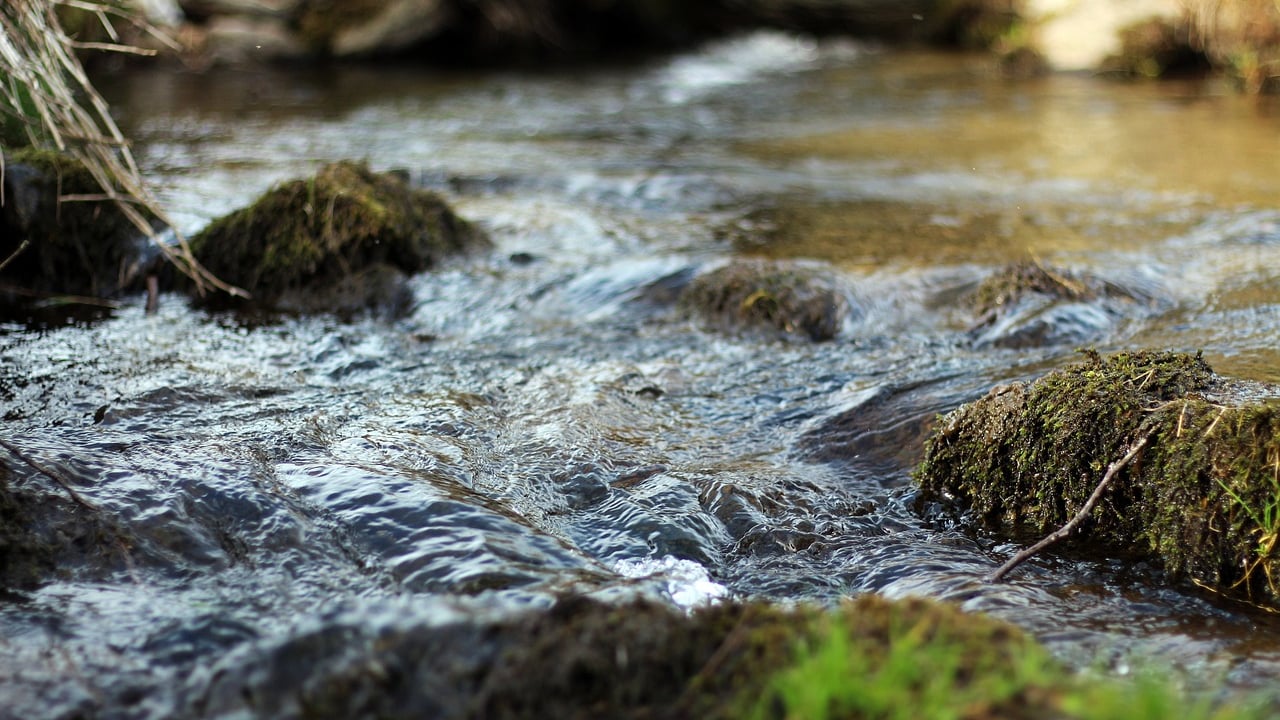All stakeholders 'need to redouble efforts' to protect water quality
It is "clear" that all stakeholders including farmers "need to redouble their efforts" to protect water quality, according to the Irish Farmers' Association (IFA).
IFA president Francie Gorman said that new data shows that all stakeholders "have a job of work to do".
A new report from the Environmental Protection Agency (EPA) this week shows that concentrations of nitrates decreased in 39% of river sites over the period 2019 to 2024 compared to 2016 to 2021, but nitrate levels are "too high" in 44% of sites.
“While the report as a whole points to a stable or slight decline in water quality, there are also clear signs that the work undertaken by farmers, particularly on nitrates, is starting to take effect," Francie Gorman commented.
It shows that total nitrogen levels have reduced significantly over the 2019-2024 period, with the final year of the analysis – 2024 - 25% lower than 2019, the IFA said.
The report also outlined that, over the six-year period, 39% of rivers showed reducing nitrate concentrations, compared with 6% of rivers showing an increase.
Right direction
“Nitrate levels in our rivers overall are trending in the right direction which is testament to the level of work and effort that farmers have put in on this, particularly in the last two to three years,” Gorman said.
"For example, in Cork, where circa 40% of the agricultural land is farmed under a nitrates derogation, 67% of rivers are of good or high ecological status, far higher than the national average."
Gorman added that "it is clear" that all stakeholders including farmers "need to redouble their efforts to protect water quality".
"It is also absolutely imperative that issues relating to urban wate water are also dealt with as quickly as possible to make sure we really move the dial positively on water quality."
Best practice
The Irish Co-operative Organisation Society (ICOS) said in response to the EPA report that farmers and their co-ops are "fully committed to improving water quality and supporting environmental best practice across all farms".
ICOS highlights "important green-shoots" in the report, that "need to be better understood by all and built upon", including the notable improvement in water quality in the Priority Areas of Concern and the overall reduction in nutrient concentrations.
President of ICOS Edward Carr said: “We recognise the urgent need to improve trends in water quality.
"Today’s report by the EPA highlights the extent of the challenge, but also points to strong evidence to show that targeted and coordinated measures spearheaded by the farming sector and government agencies are beginning to show progress is being made.
"This is important to point out as farmers and their co-ops are fully committed to improving water quality and doing the right thing for the environment.
“The issue of water quality is front and centre for the farming sector."





